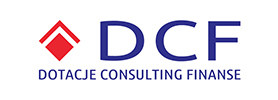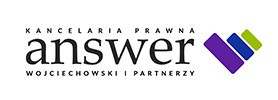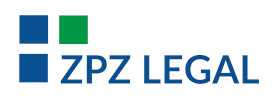Running the business within the applicable legal and administrative requirements as well as in a fair and integer manner are prerequisites not unknown to a well managed company. Several „traditional” functions within a company, as e.g. financial accounting, controlling, risk management, quality management, legal service, audit and human resource inter alia serve this purpose.
As Pawel Dangel, the then CEO of Allianz Poland, put it once, business ethics based on transparency, merits, innovation, service and price quality creating equal playing fields to encourage competitive efforts has proved to be one of the engines of modern economy. This contrasts clearly with a business framework based on power, hierarchy and intransparent relationships which mixes corporate interests with personal welfare and considers companies to a larger or lesser degree as a „friend and family” support event.
This becomes even more important for a European and globally linked economy where trust cannot be any more derived from local familiarity or status. In addition supply chain control and business partner due diligence requests local suppliers to meet the local integrity and legal conformity standards of their customers abroad particularly if those standards are stricter than the requirements in line with local business practice.
How to establish a compliance programme? – the first steps
Establishing a compliance programme is at first sight not a very difficult task. It normally starts with defining clear integrity expectations – the so called „tone at” or „from the top” – through company values and/or a Code of Conduct, which turns the company values into binding minimum standards for everybody within the company and – principally – also its business partners. Areas which bear a potentially particularly exposed compliance exposure, as e.g. corruption and venality, competition/antitrust regulations, information security and data protection, procurement, sales and the selection and management of business partners should be covered by particular guidelines or policies which enhance the operational and organisational thrust of the respective Code of Conduct clauses.
Furthermore the framework for the operational set up and procedures for the compliance function should be defined through a Compliance policy, be it that the compliance function is considered as a mere overarching coordination function for other corporate governance or corporate responsibility teams or be it that a specific Compliance Officer and/or team shall be entrusted with the compliance function and the particular responsibilities that go hand in hand with such function.

Pozostałe 83% artykułu dostępne jest dla zalogowanych użytkowników serwisu.
Jeśli posiadasz aktywną prenumeratę przejdź do LOGOWANIA. Jeśli nie jesteś jeszcze naszym Czytelnikiem wybierz najkorzystniejszy WARIANT PRENUMERATY.
Zaloguj Zamów prenumeratę Kup dostęp do artykułuMożesz zobaczyć ten artykuł, jak i wiele innych w naszym portalu Controlling 24. Wystarczy, że klikniesz tutaj.










